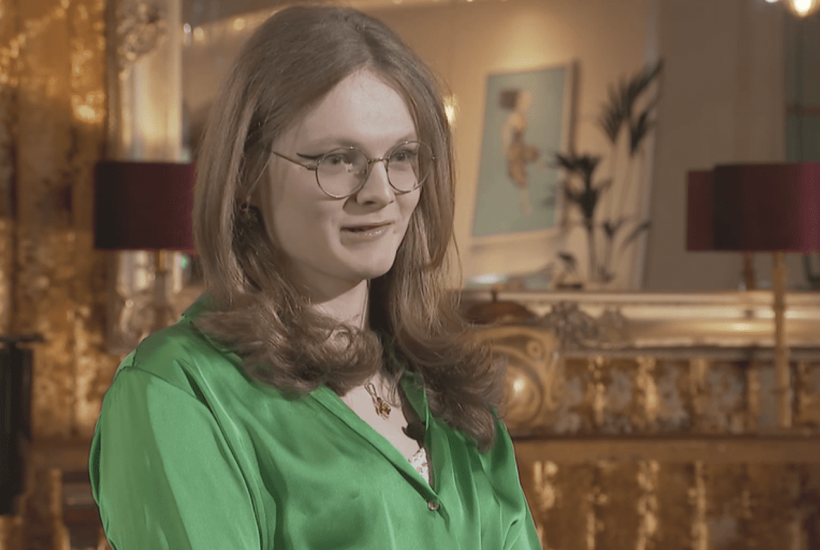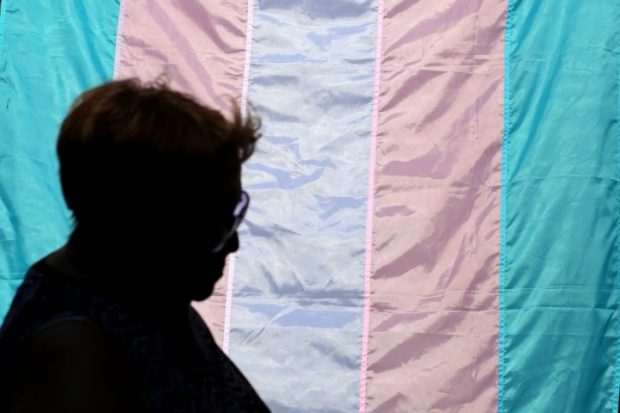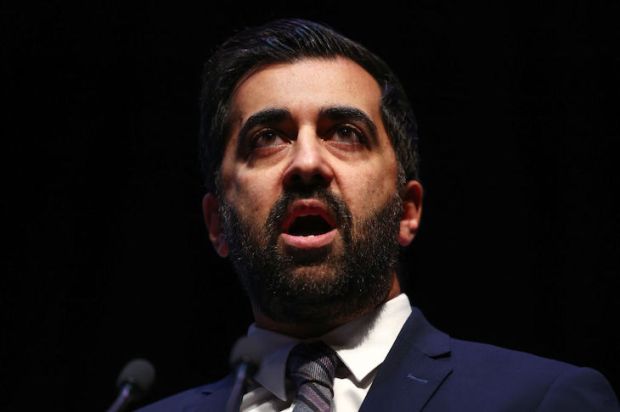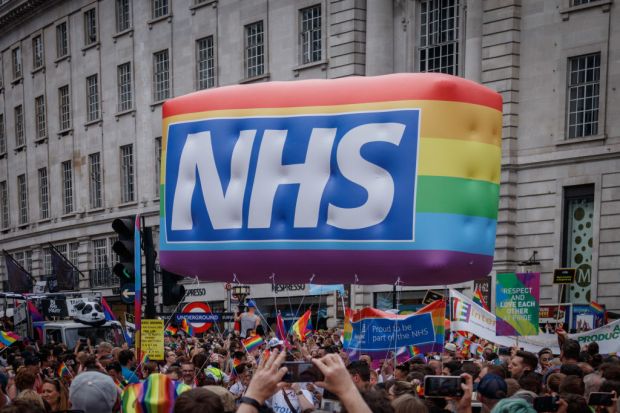Transgender cyclist Emily Bridges doesn’t ‘want special treatment from anyone’. In an ITV interview, Bridges said:
‘I just want the same opportunities as my fellow female athletes’.
As someone who transitioned a few years before Emily, I’d say Bridges is right: transgender people should not need special treatment. We are human beings, just like everyone else. In the UK, at least, trans people have specific and additional protections against discrimination and harassment. But these only become relevant if someone treats us less favourably because we are transgender. That has happened to me very rarely.
Yet in the debate about whether Bridges should be allowed to compete in women’s cycling races, one thing needs to be said: Bridges is not a female athlete. Female-ness is not a feeling in our heads; human beings are female if they are members of the sex that is characterised by ovaries and the production of ova. This shouldn’t be controversial to say; it is true of every sexually dimorphic species that has existed for the last billion years or so.
Sport is segregated by sex in disciplines where women – people with female bodies – would not win very much in open competition with men. In cycling, for example, Chris Hoy holds the world record for the Flying 500 metre time trial. He rode it in 24.758 seconds. The fastest any woman has managed is 28.970 seconds. That is a 17 per cent difference in a discipline where times are measured to a thousandth of a second.
Testosterone has an impact, of course, but history cannot be unpicked. Bridges retains the advantage of male puberty, which can mean a person has bigger lungs and stronger bones.
‘The muscular advantage enjoyed by transgender women is only minimally reduced when testosterone is suppressed,’ according to Emma Hilton and Tommy Lundberg in Sports Medicine. We should listen to them. We should also listen to Sajid Javid, the health secretary, when he says ‘it’s biological sex that matters’ when it comes to transgender people participating in sporting competitions.
Bridges complained about the negative impact of hormone therapy on performance. Bridges may have a point, but women’s sport should still be restricted to female athletes. It should not include members of the other sex whose times may have worsened following medical treatment. Would we countenance the inclusion of men whose testosterone may have been suppressed by treatment for prostate cancer? That seems unlikely. And if we don’t grant exceptions for such athletes, then we shouldn’t do so for transgender people who may have received medical treatment.
So who is to blame for this unfortunate situation? While Bridges has (perhaps unfairly) received much of the flak, the fault lies more with the sports governing bodies themselves. If these organisations had resisted the seemingly endless demands of transgender activism, this would not be an issue in the first place. Bridges could continue to compete alongside men, perhaps in a slightly lower category. Bridges could look forward to the many other opportunities that will arise for someone sufficiently confident and articulate to be interviewed at length on ITV.
Instead, this young, gifted cyclist has been thrust into the centre of a ferocious dispute over transgender inclusion that shows no sign of resolution. Reports of online abuse – including threats of physical violence – are to be deplored. But valid criticism is part of a democratic society. My view is clear: transwomen like me should not compete in events for women, and Bridges was wrong to take advantage of rules that have permitted it.
Got something to add? Join the discussion and comment below.
Get 10 issues for just $10
Subscribe to The Spectator Australia today for the next 10 magazine issues, plus full online access, for just $10.




















Comments
Don't miss out
Join the conversation with other Spectator Australia readers. Subscribe to leave a comment.
SUBSCRIBEAlready a subscriber? Log in